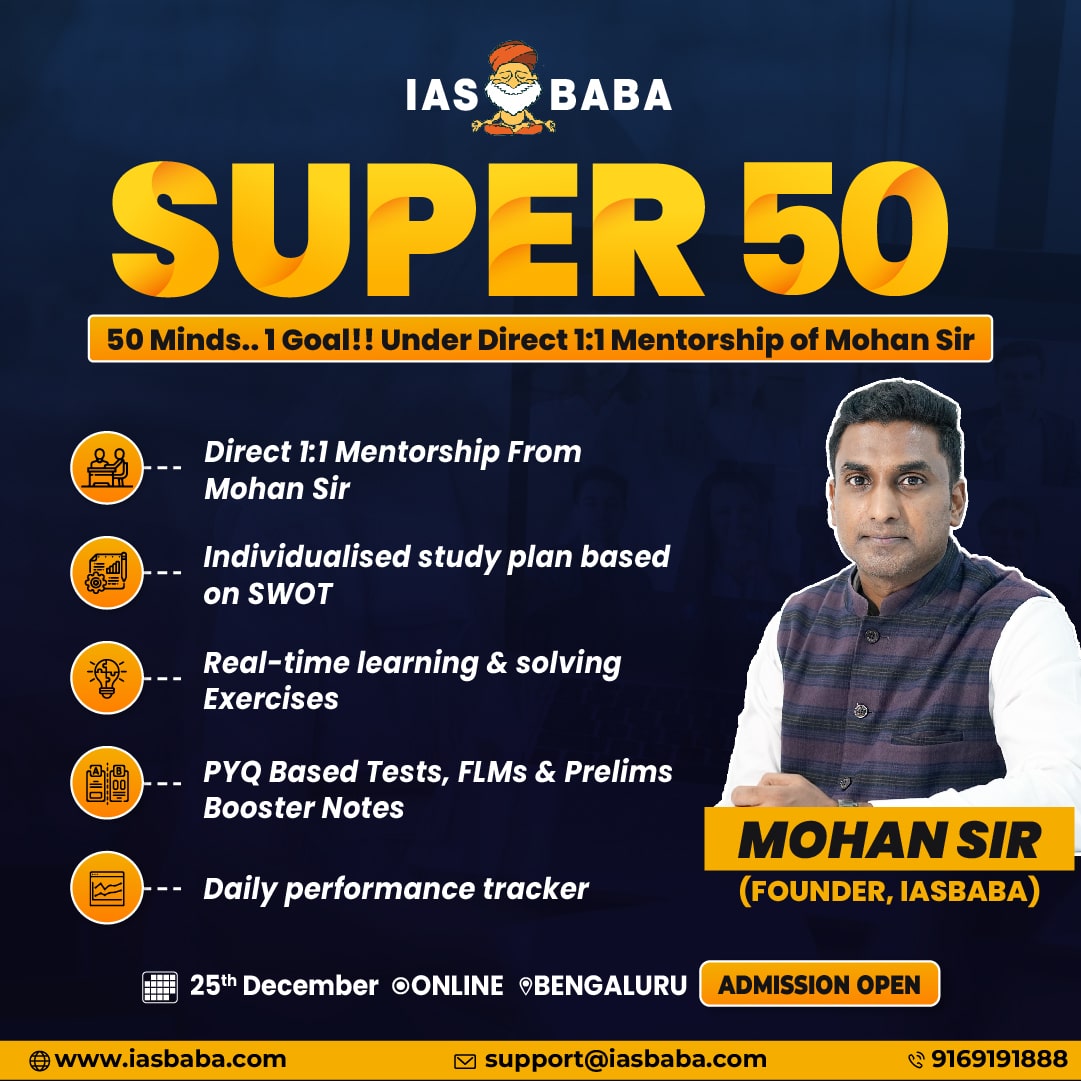UPSC Articles
GOVERNANCE/ SCIENCE & TECH
Topic:
- GS-2: Government policies and interventions for development in various sectors and issues arising out of their design and implementation.
- GS-2: Issues relating to development and management of Human Resources
Emphasising self-reliance in science
Context: India’s Department of Science and Technology recently released a draft of the fifth Science, Technology, and Innovation Policy (STIP). The public is expected to provide feedback on this document before it gets finalised
For details on the Policy: Click here
Criticism of the Policy:
- Generalised in Nature:
- The problem with the document is that it is rambling and full of jargon and clichés, making the task of separating the grain from the chaff a major exercise in itself.
- Doesn’t provide progress of previous goals:
- The report states that the private sector’s contribution to the Gross Domestic Expenditure on R&D should be doubled every five years.
- The 2013 policy had similar aims. The 2020 draft policy fails to discuss what we have achieved on these fronts since then.
- Blame on Private Sector:
- R&D investment in science continue to hover between 0.5% and 0.6% of the GDP, whereas the goal is to achieve 2% of GDP.
- The 2020 draft policy blames this on “inadequate private sector investment”.
- It looks as if the government is trying to shift the responsibility of financing R&D to different agencies such as the States, private enterprises, and foreign multinational companies.
- Post-Pandemic Situation:
- It is doubtful if the various funding models that are presented in the draft report are workable or practical, especially during a pandemic.
- The policymakers who drafted this report should have gone back to the self-financing revenue model proposed in the Dehradun Declaration for the CSIR labs back in 2015 and critically evaluated its success rate
- Basic Research should be government driven:
- Common sense informs us that the private sector cannot be expected to pay for basic research.
- This is because the return on investment in basic research takes too long from a private sector perspective.
- Only the government can have long-term interest to support such research.
- Participation of the private sector in basic science has not happened even in the U.S.
- Inadequate funding for Basic Sciences R&D:
- The fact is that basic science research in India is suffering from the lack of adequate funding despite grand proclamations.
- Even elite institutes like the Indian Institutes of Technology are finding it difficult to run their laboratories on a day-to-day basis because of paucity of funds.
- Contradictory STI Governance:
- The draft policy visualises a decentralized institutional mechanism balancing top-down and bottom-up approaches, focusing on administrative and financial management, research governance, data and regulatory frameworks and system interconnectedness, for a robust STI Governance.
- However, several new authorities, observatories and centres have been proposed, which may end up feeding up the already fattened bureaucracy in science administration.
- Issue of Inclusivity and proportionate representation:
- As a part of inculcating an inclusive culture in academia, the document promises to tackle discriminations “based on gender, caste, religion, geography, language, disability and other exclusions and inequalities”.
- It also mentions more representation of women and the LGBTQ community, but is silent on how we are to achieve it.
- Scientific temperament:
- The draft reiterates the constitutional obligation to “develop a scientific temper, humanism and the spirit of inquiry and reform.”
- But it is silent on how this can be achieved when pseudoscience is deliberately propagated by certain sections who feel protected by ruling dispensation.
Conclusion
- The ruling dispensation has a moral obligation to facilitate an environment that encourages a mindset that constantly challenges conventional wisdom as well as open-minded inquiry among the students. Only a dissenting mind can think out of the box.
- With the advent of new disruptive technologies, global competitiveness will be increasingly determined by the quality of science and technology, which in turn will depend on raising the standard of Indian research/education centres and on the volume of R&D spending. India has no time to waste.














